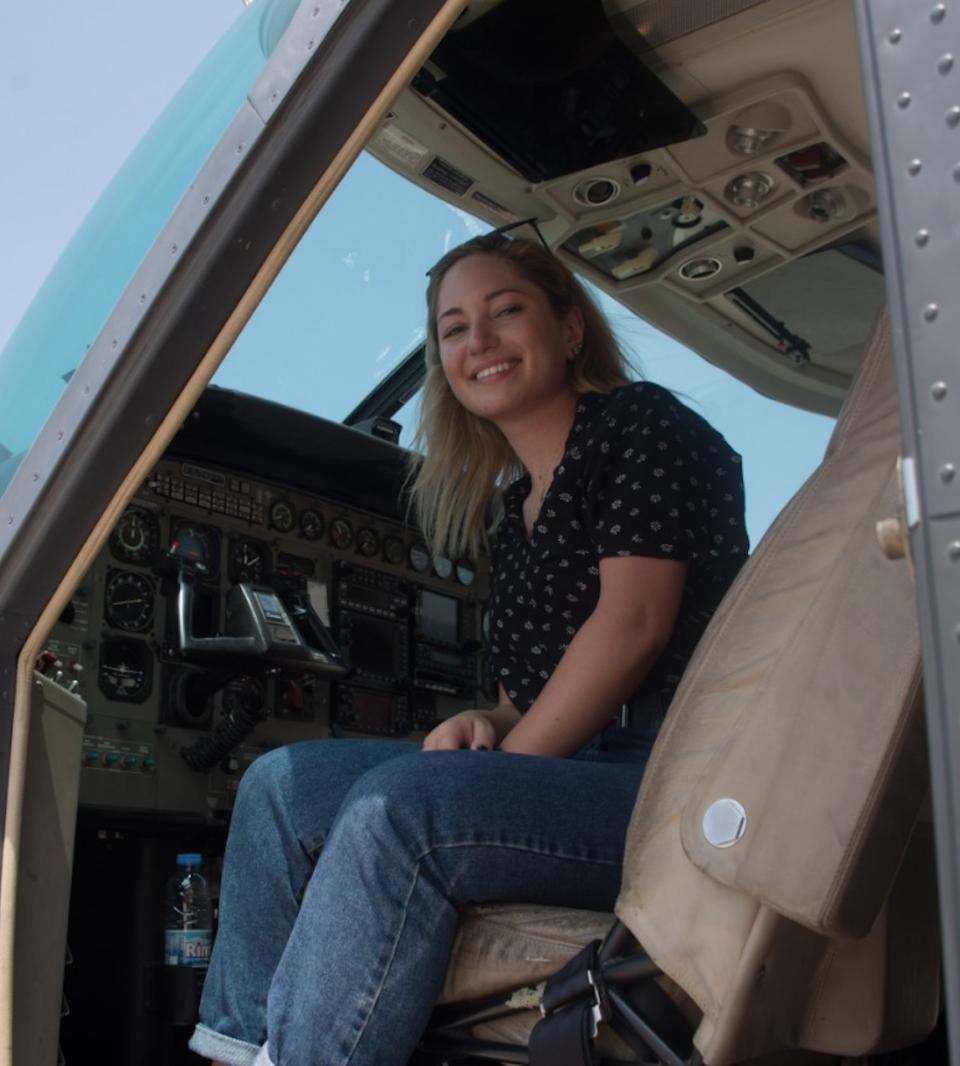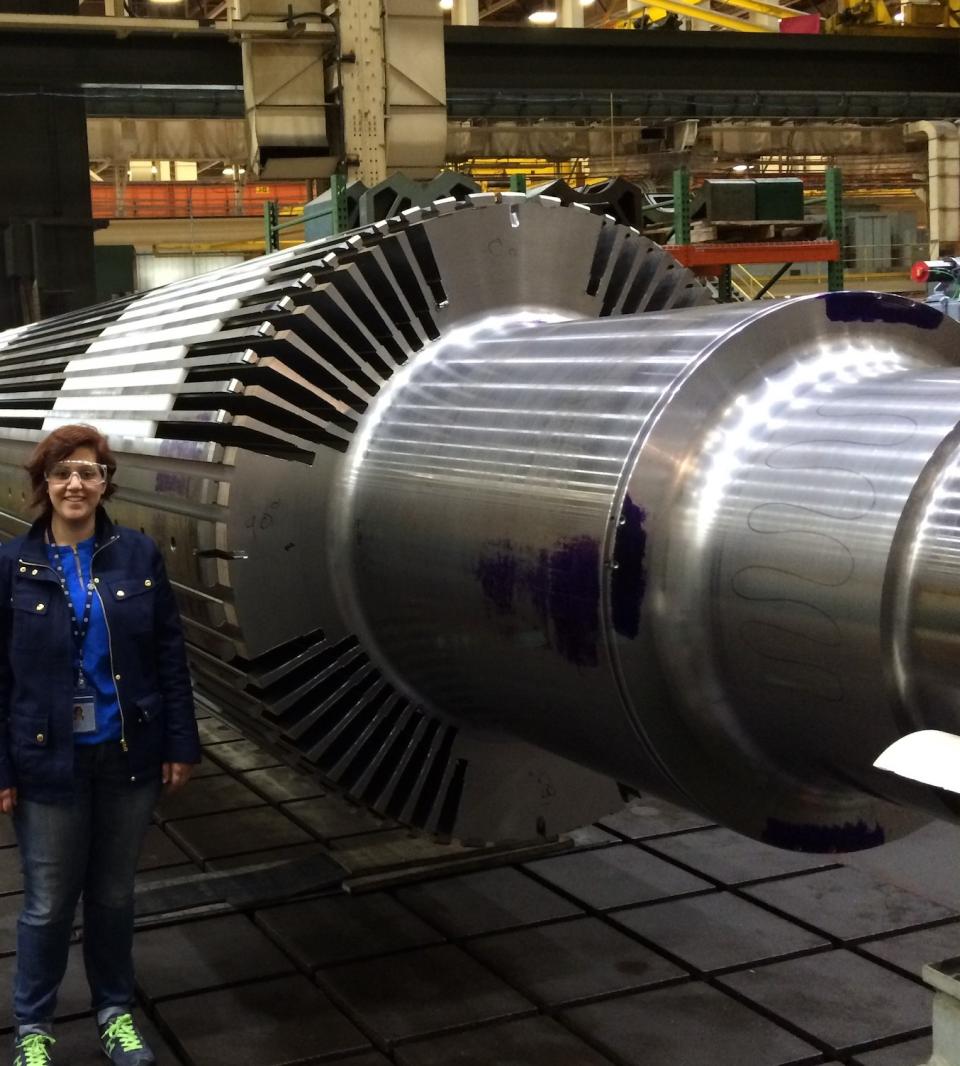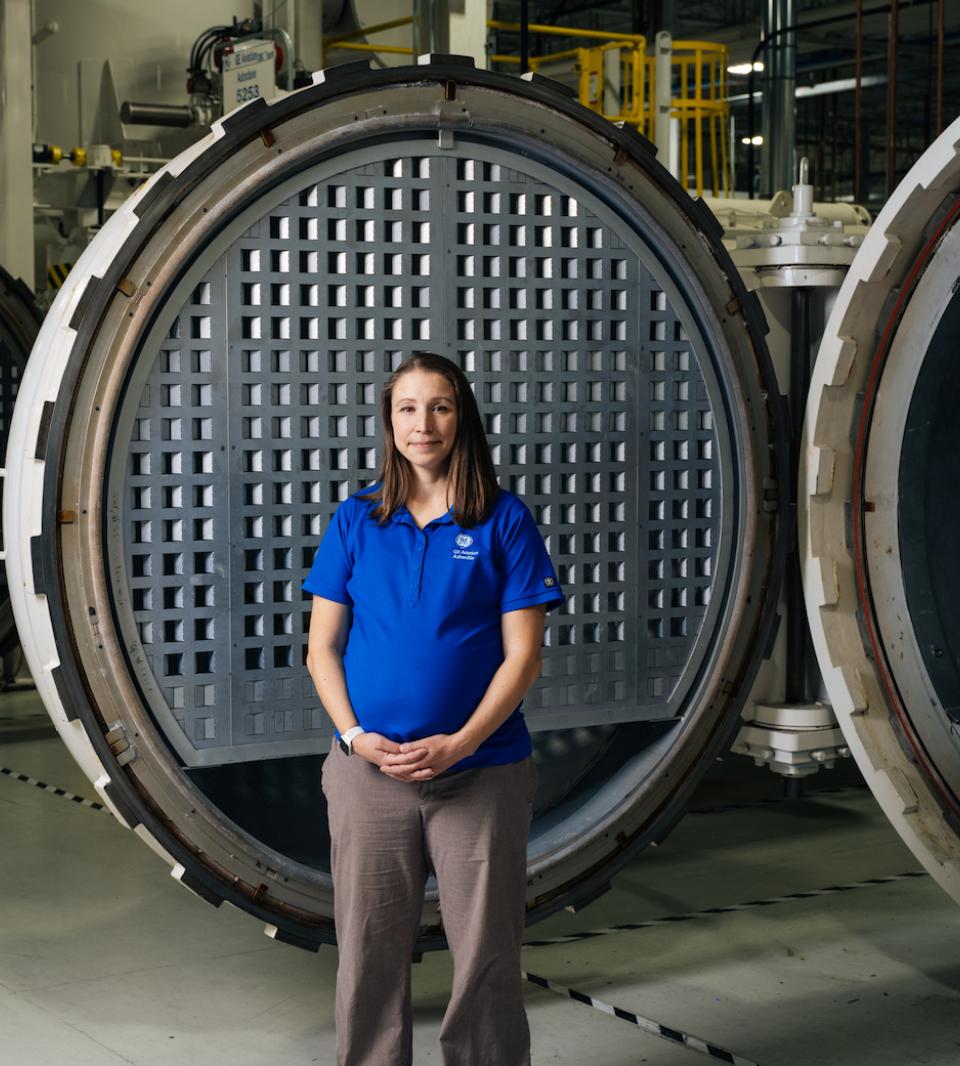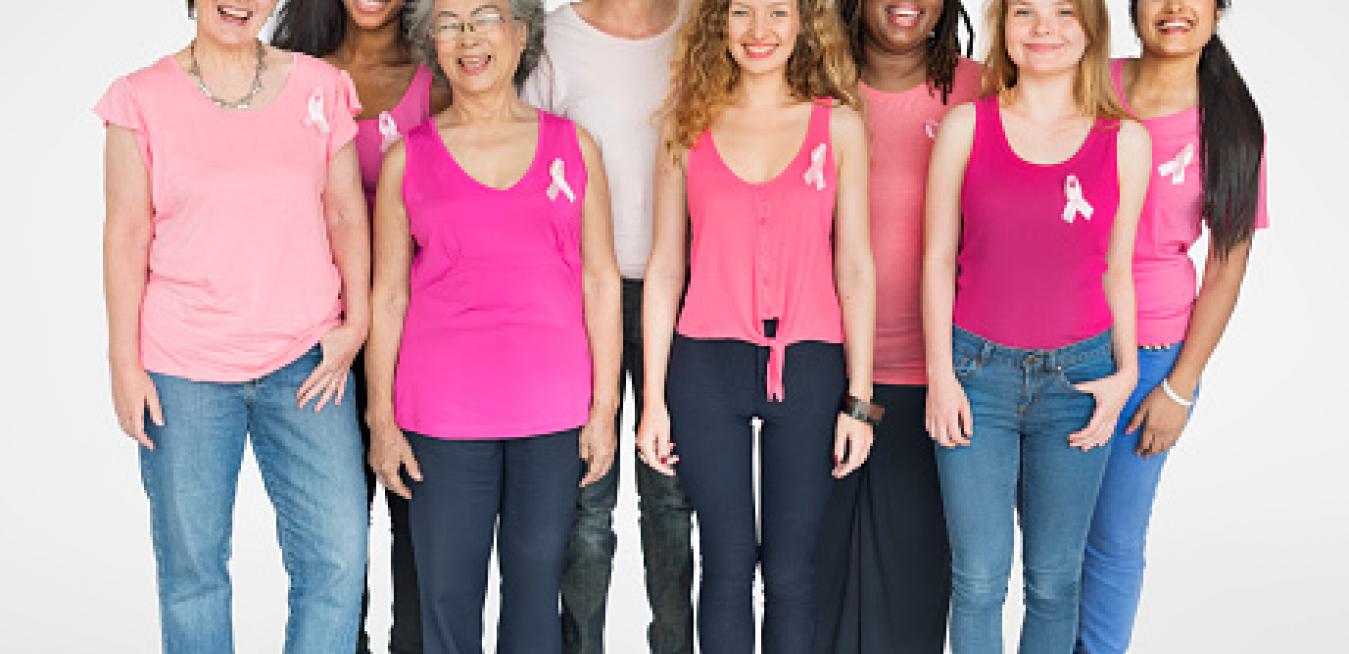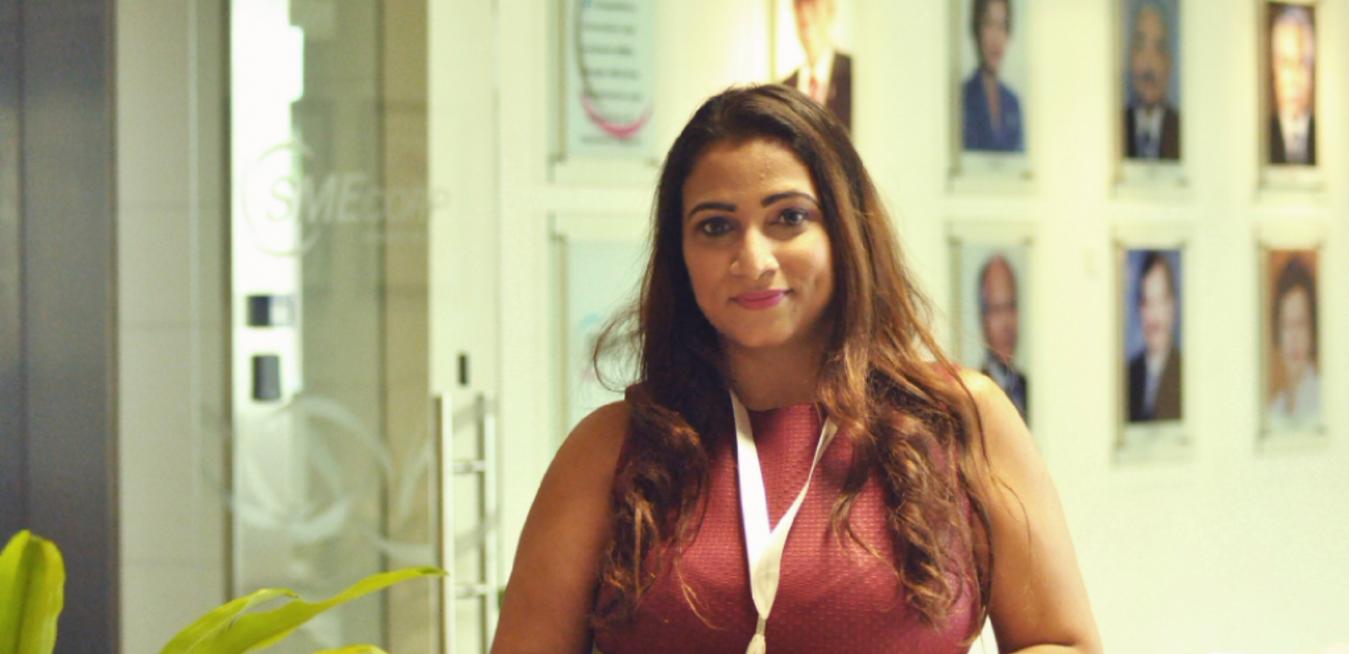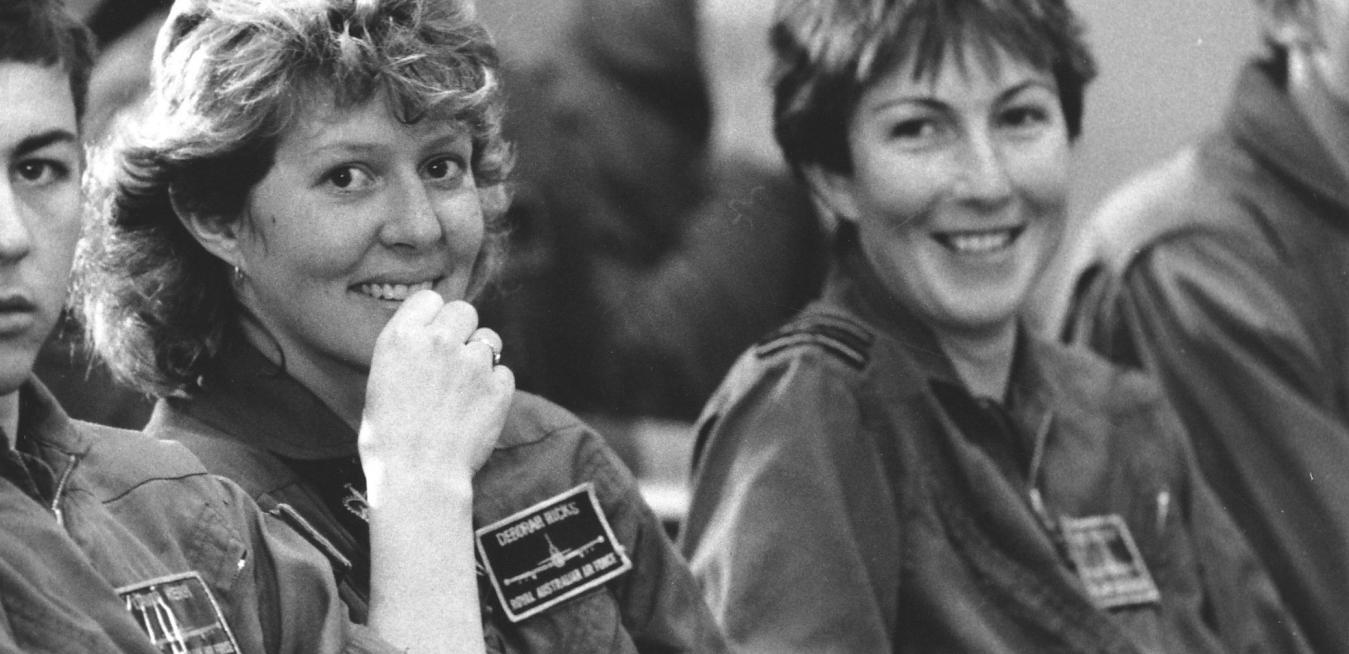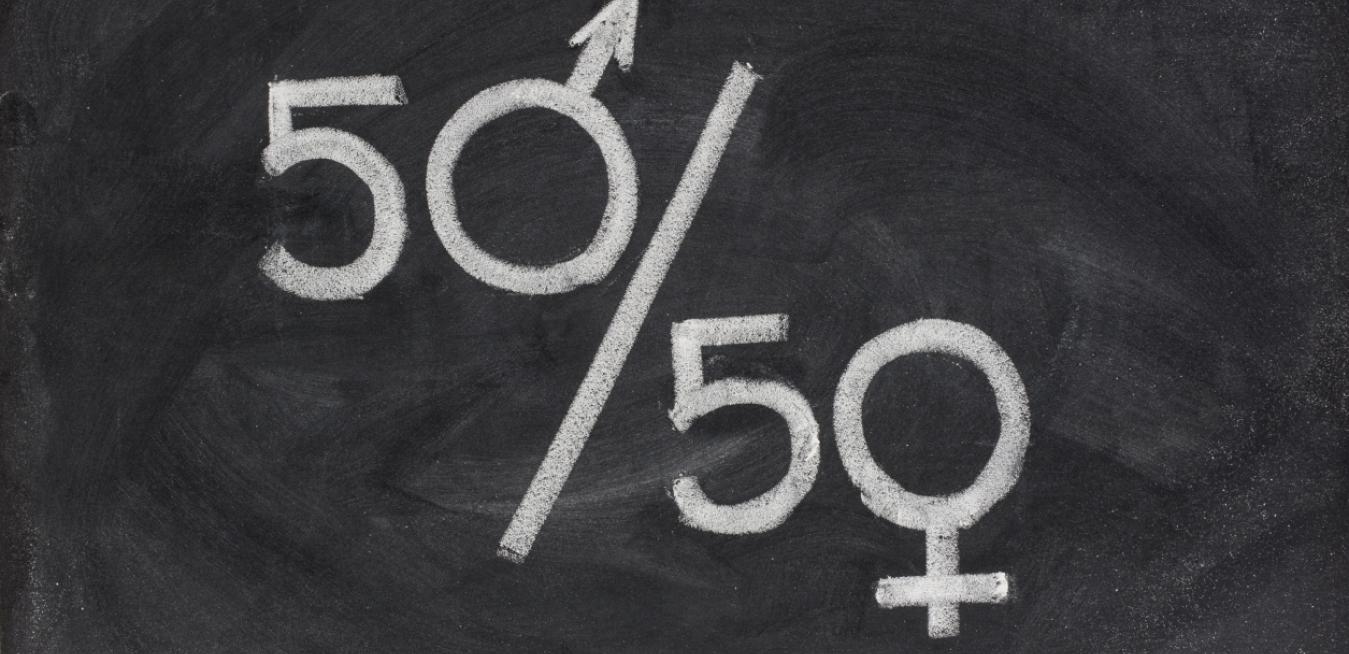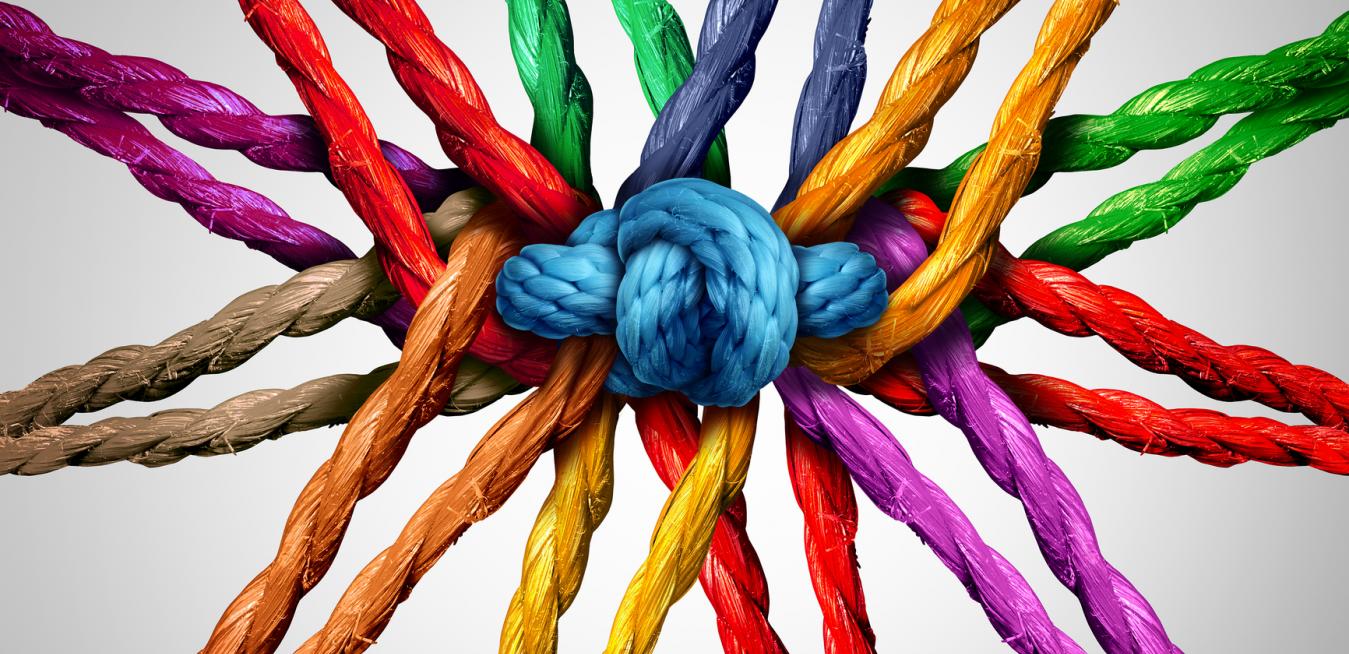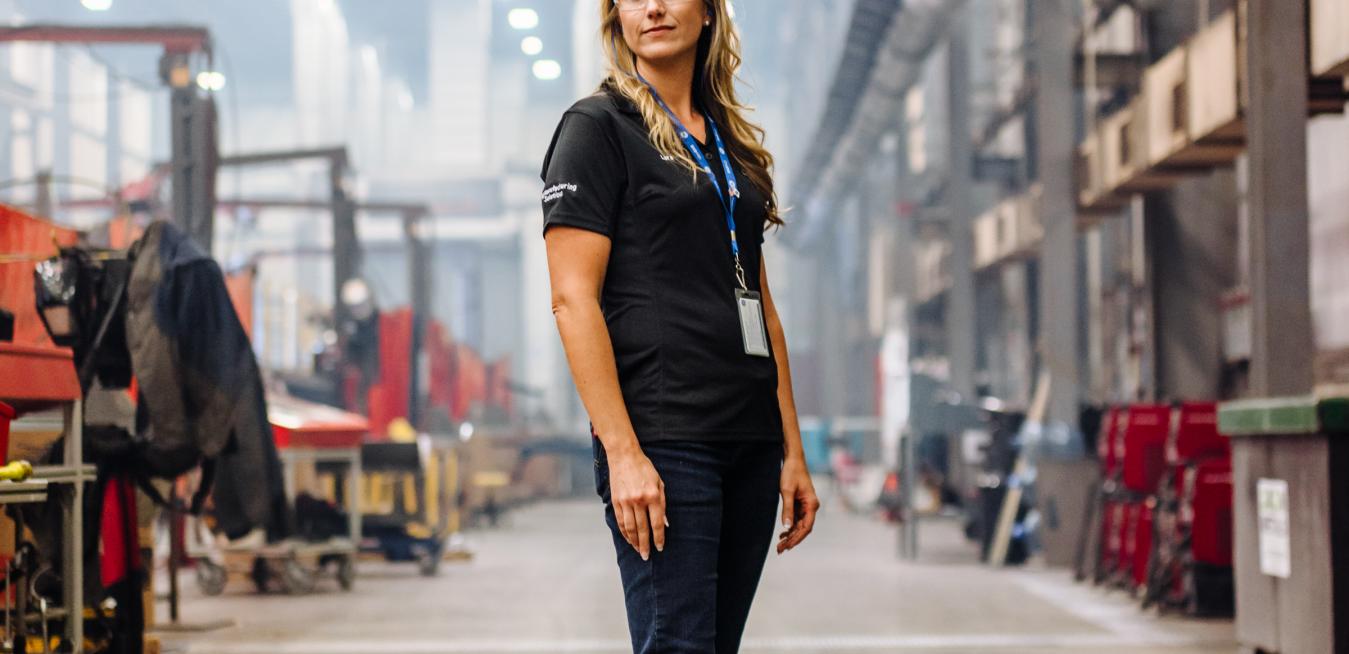Gazing out from her balcony in the hills of Amioun, Lebanon, Maysaa Rizk felt lost. She was a teenage girl with big dreams in a place where girls weren’t supposed to dream of much beyond conventional, traditional careers. She wanted something more, something that would lift her out of financial hardship and enable her to make other people’s lives easier. But what? And how? As she brooded, staring over the olive fields that ring her town, the silvery trees began to shudder.
“What are you doing here?”
Mirella Abboud laughs as she recalls the facial expressions, which spoke volumes, of her peers — all of them male — during her 2011 internship at Beirut’s Scuderia Lebanon, a Ferrari dealership. Even a dozen years ago, it was somewhat shocking to see the grease-smudged face of a young woman emerge from beneath the hydraulic lift after working on a sleek 458 Italia.
Loren Finnerty manages more than 300 shop floor workers and engineers at GE Aerospace’s giant Asheville plant in North Carolina, where thousands of advanced composite components are produced every year for GE jet engines, such as the GE9X, as well as the
Encouraging more older women to have regular breast screenings is one of the current focus areas for local health authorities.
Why? Breast cancer is the most common cancer among women in Singapore today.
Of the 7.1 billion people in the world, men make up eighteen percent and women sixteen percent of people who are online. That means there are 200 million fewer women online. And when women are offline, so is the global economy, writes Cheryl Miller Van Dyck, Co-founder and Executive Director of the Digital Leadership Institute.
The future is already here — it’s just not evenly distributed.
-William Gibson
